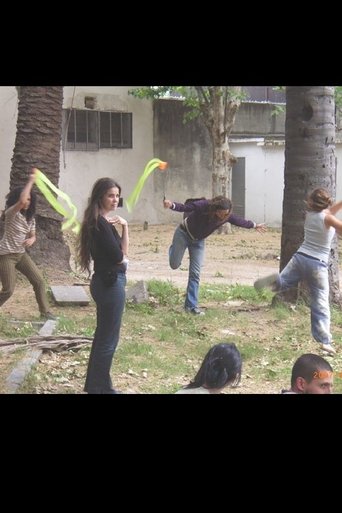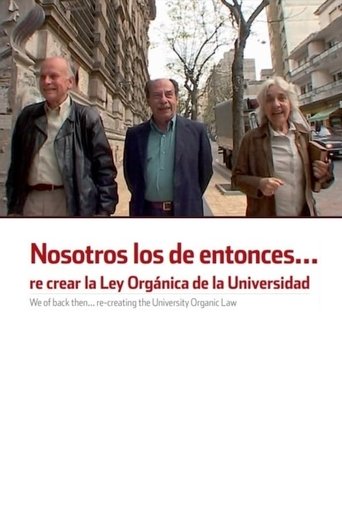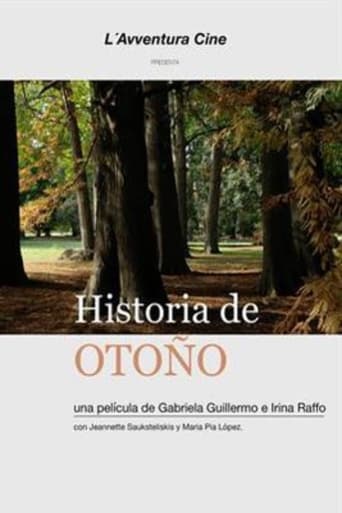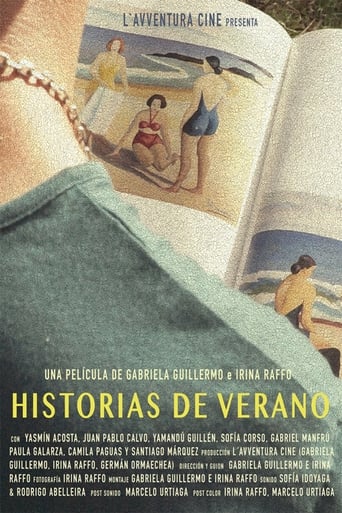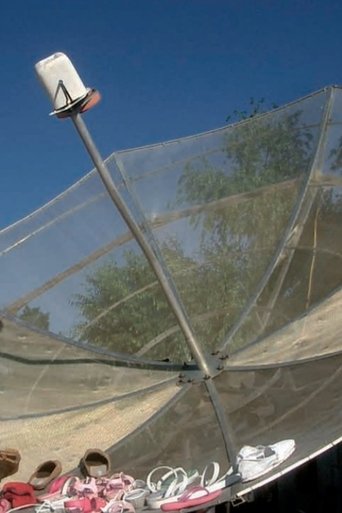Marat Sade at the Vilardebó 2008
A group of artists adopt an inter-disciplinary approach to show what the reality of madness is really like, but they end up showing the madness of reality. Raquel Lubartowski decided to stage a performance of the play Marat Sade by Peter Weiss at the Vilardebó Hospital, which is the psychiatric hospital in Montevideo. This documentary takes us through from the first meeting to the first rehearsal at an old dilapidated polyclinic.
